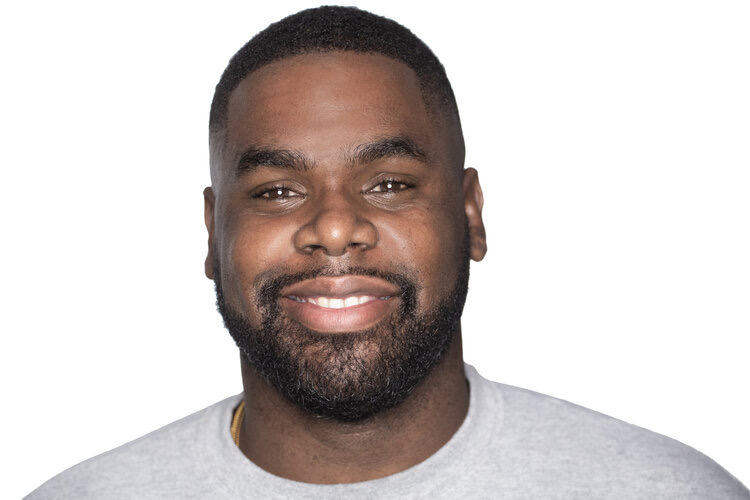By Nick Erickson
After his first day working at JP Morgan in New York, JT Liddell, M.B.A. ’14, stared bleakly out the window of his home for that night—which was the windshield of his rented minivan.
The U.S. Army combat veteran who had served three stints in Afghanistan had seemingly done everything asked of him. He worked in special operations overseas and then mapped out a navigable path in the civilian world once he returned from the Middle East for good in 2013. Liddell enrolled in George Washington University’s M.B.A. program, which led him to the full-time job at the Wall Street investment banking juggernaut.
Yet there he was in a Lower Manhattan parking garage with no address in a country he fought to defend a year earlier.
“I was basically homeless at that point,” Liddell said. “I was at fairly rock bottom.”
Policy Advice reports that 40,000 veterans are without shelter in the United States on a given night, while the National Council for Mental Wellbeing, less than 45 percent of returning veterans receive any mental health treatment. Connecting with GW’s strong student veteran presence helped him understand he wasn’t alone grappling with a tougher-than-expected transition to civilian life.
“It took a long while before I realized that I wasn’t by myself and that every veteran has their own story,” Liddell said.
Liddell is using his own experiences to pen his next chapter, which is focused on shrinking those statistics and helping other veterans before they got to their “parking garage” moment. In 2020, he founded Promenade, a startup hub for veterans connecting them to career, education, finance and wellness resources.
While Promenade does a lot of the work other veterans service organizations are doing, there’s a heavy emphasis on personalizing the approach. When service members log on to the website, they fill out a form describing their needs. From there, they are connected to one-on-one, outsourced coaching and mentorship while Promenade calculates a score to better understand the exact resources needed. The goal is to fill in the gaps, Liddell said. An example is pointing to lesser known but free job training programs for those grappling with financial wellness and unemployment at the same time.
Promenade will have a soft launch in the next few months before it is made more widely available to the public sometime later this year. Last September, the Google for Startups U.S. Black Founders Fund provided a significant boost when it awarded Promenade a $100,000 grant. In addition to expediting a lot of the work–such as hiring more full-time people—needed to be done before the launch, Liddell said the Google grant validated his efforts.
“Having Google associated with our brand has been huge,” Liddell said. “If I can say that a Black veteran built this tech solution, and we’ve been funded by Google, that changes the conversation drastically.”
Promenade also received support from organizations such as Bunker Labs, Atlanta Tech Village, Truist, Amazon, IBM, General Assembly, the Center for Civic Innovation and others. Forbes also took notice and named Liddell to its 2021 Next 1,000 list.
It took a grassroots effort to build Promenade and spread its word, Liddell said. Fortunately, he had put forth a similar effort—just on a smaller scale—as the president of the Black MBA Association at GW years earlier. He organized events and increased membership, and he credits his leadership role with the association in helping him grow the confidence to advocate on behalf of others.
“That was huge for me because it gave me an opportunity to get involved with the GW student base,” he said. “It was just making people more aware that they weren’t alone as a Black M.B.A. student here, and that there’s people out here who want to come together.”
Former GW School of Business adjunct professor Sapna Yathiraj saw Liddell’s drive while he served as her teacher’s assistant and isn’t surprised to see a business he founded continue to grow.
“He was very focused and disciplined,” Yathiraj said. “His military service probably helped solidify those traits. He also was clearly very intelligent. He definitely had all the attributes of a successful entrepreneur.”
While Liddell is excited to learn more about the technology and tools to continue growing Promenade, he never plans to lose sight of the fact that this project is an extension of the work he’s been doing his whole career from an empathy standpoint.
“You use technology to sort of augment that assistance you’re giving them, but you have to understand the person, the people, the community,” Liddell said. “Otherwise none of it works.”
Credit: Source link





















